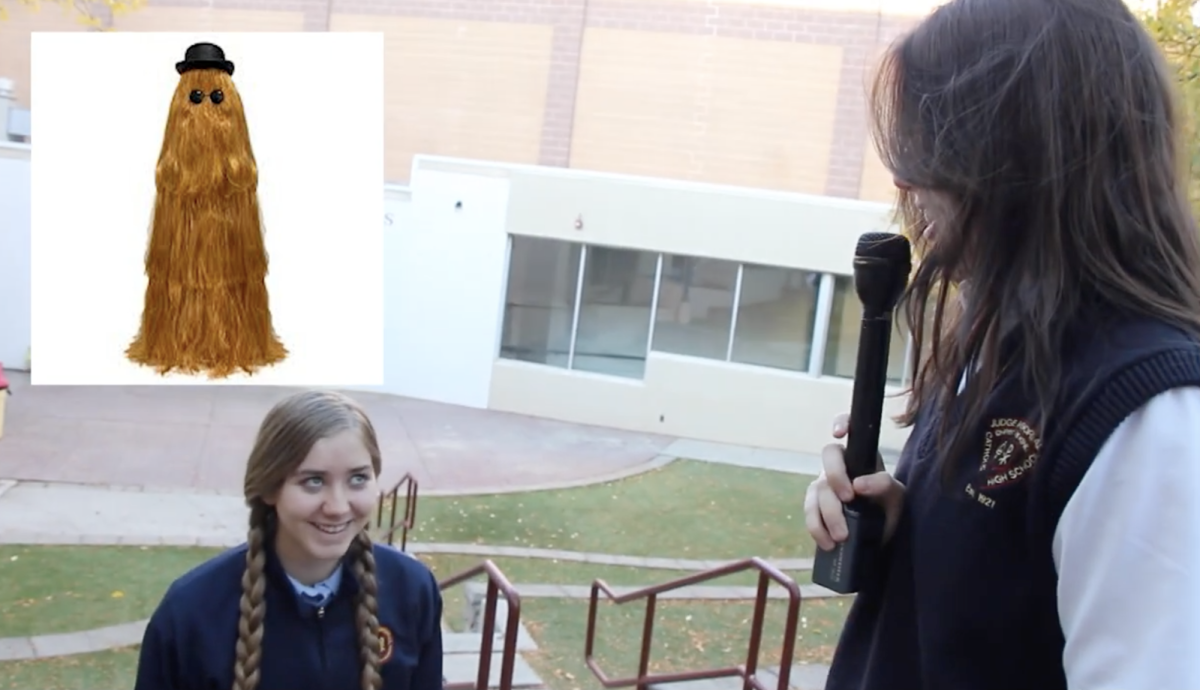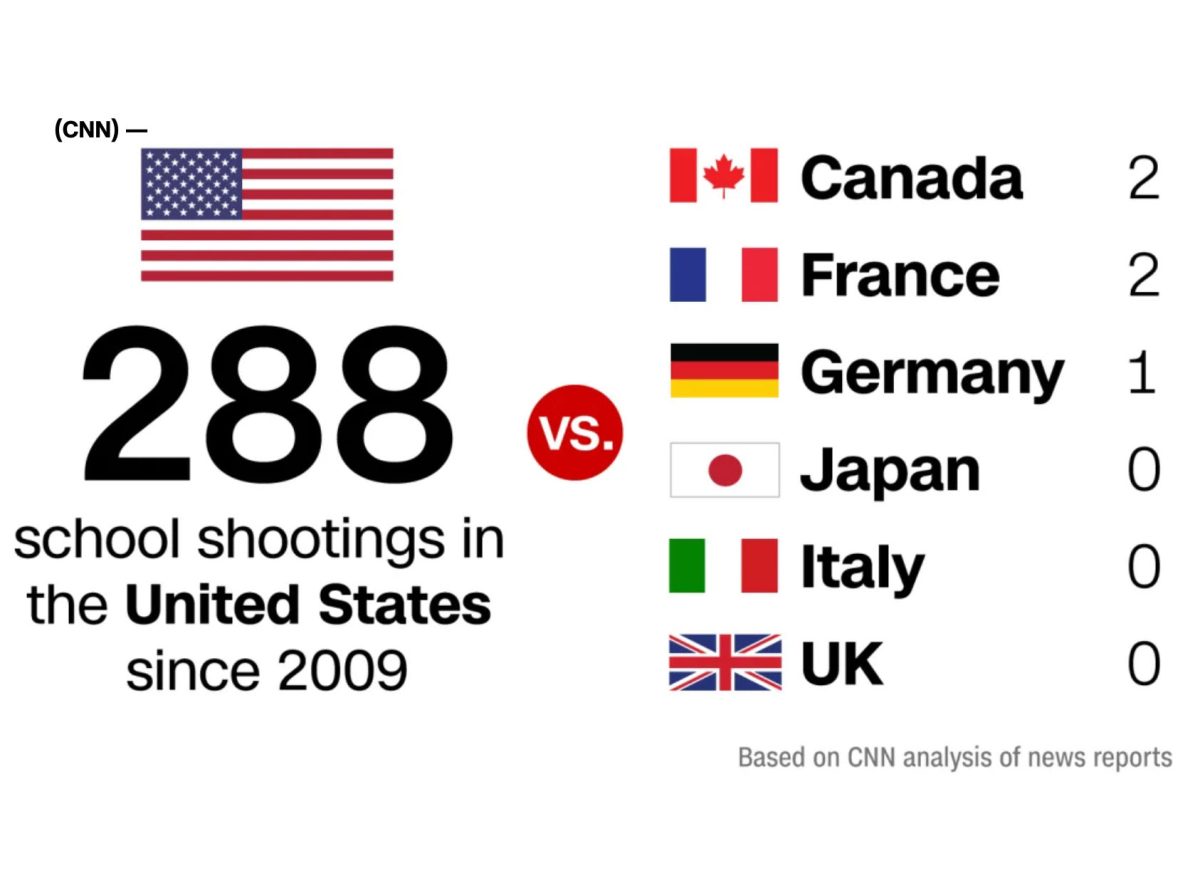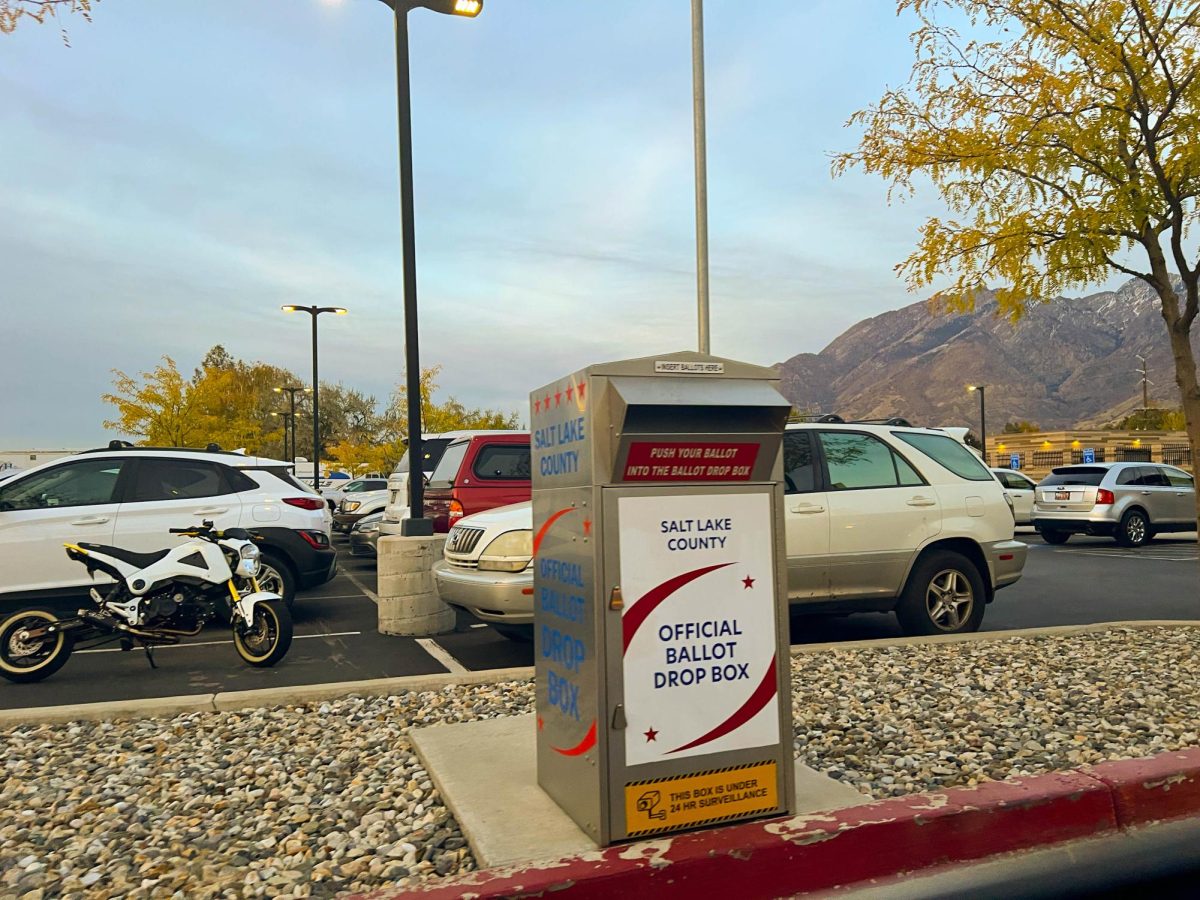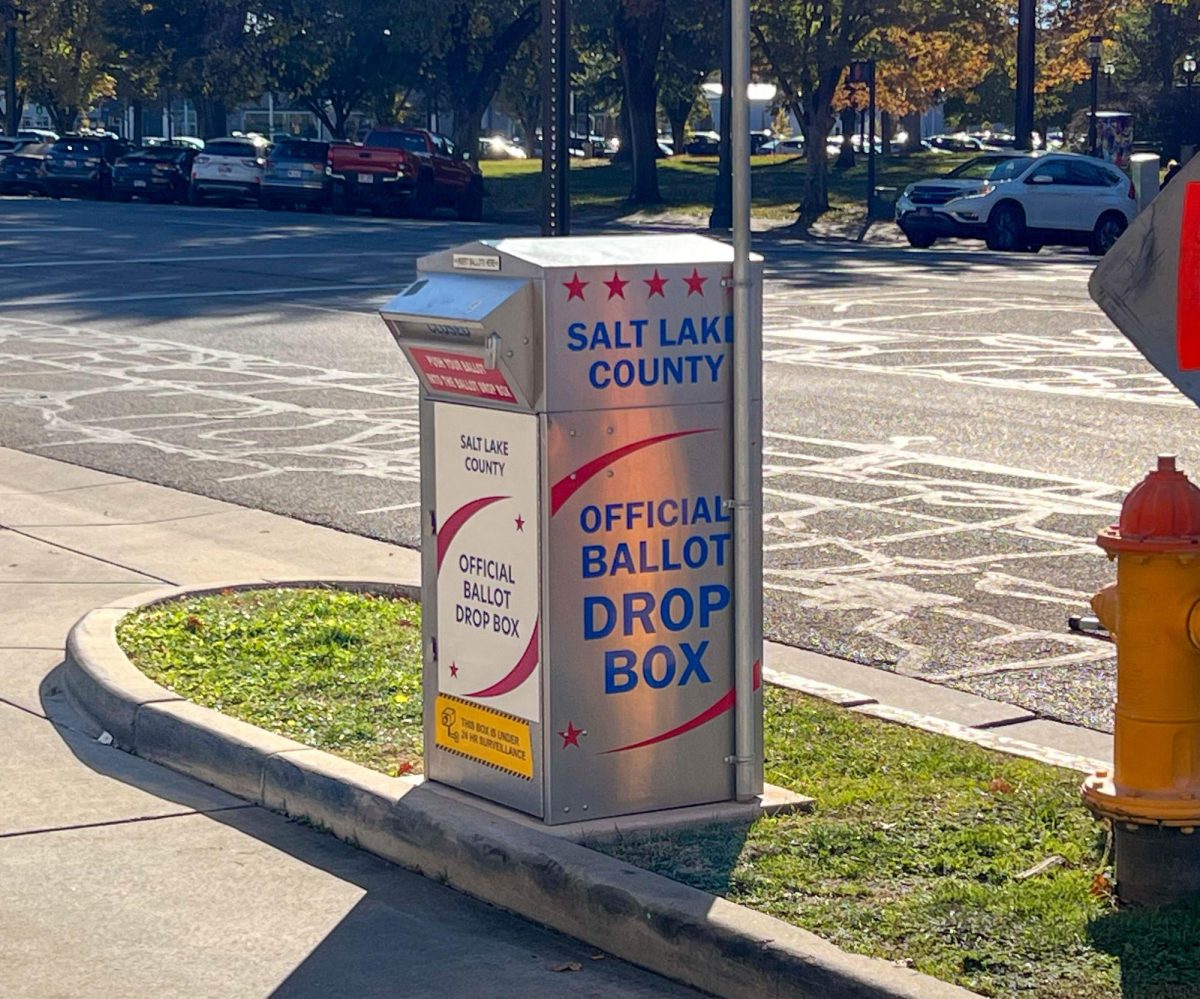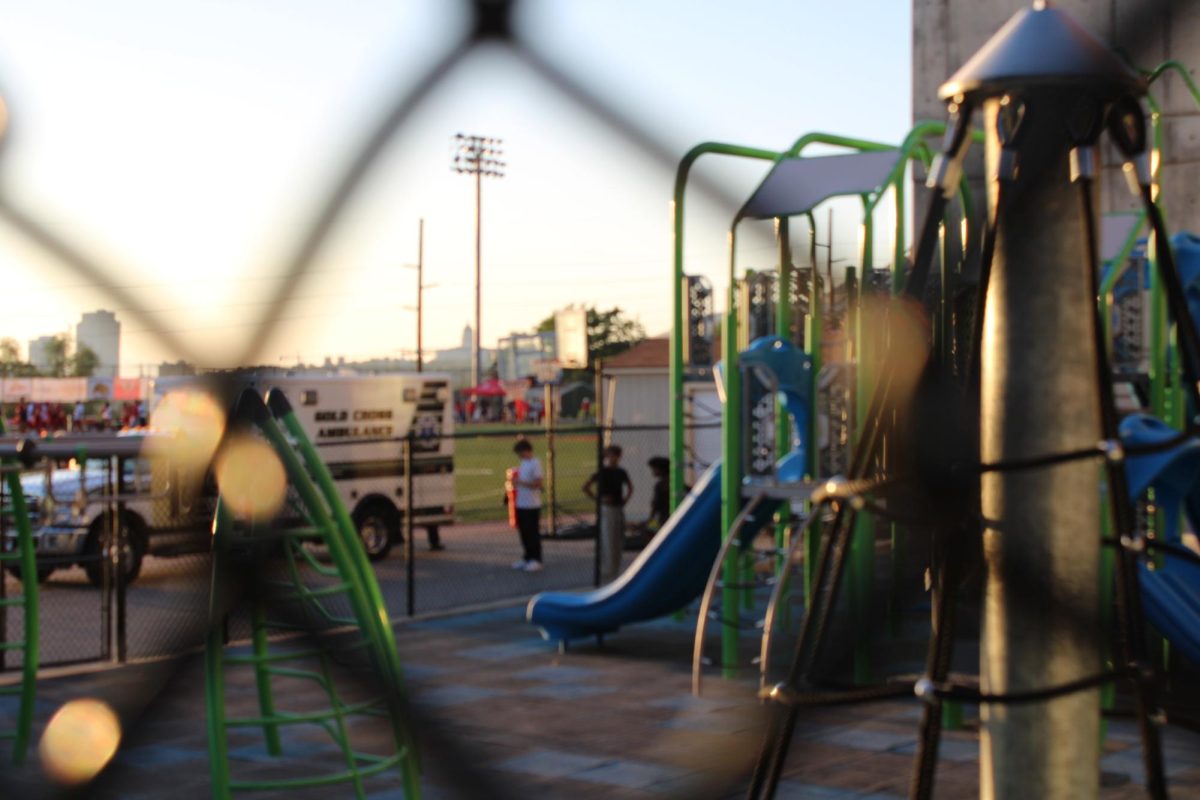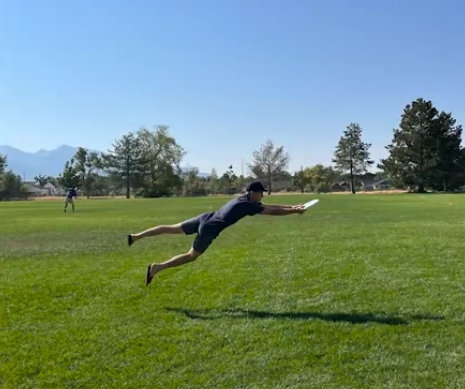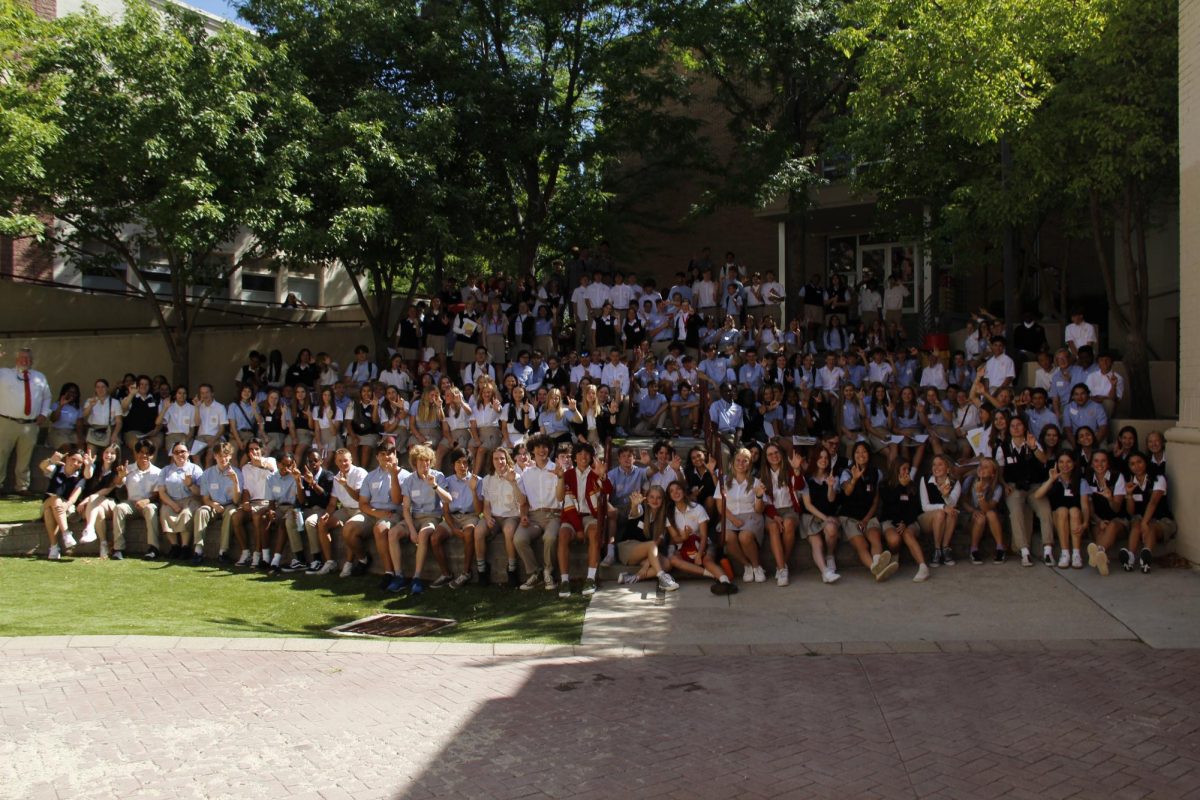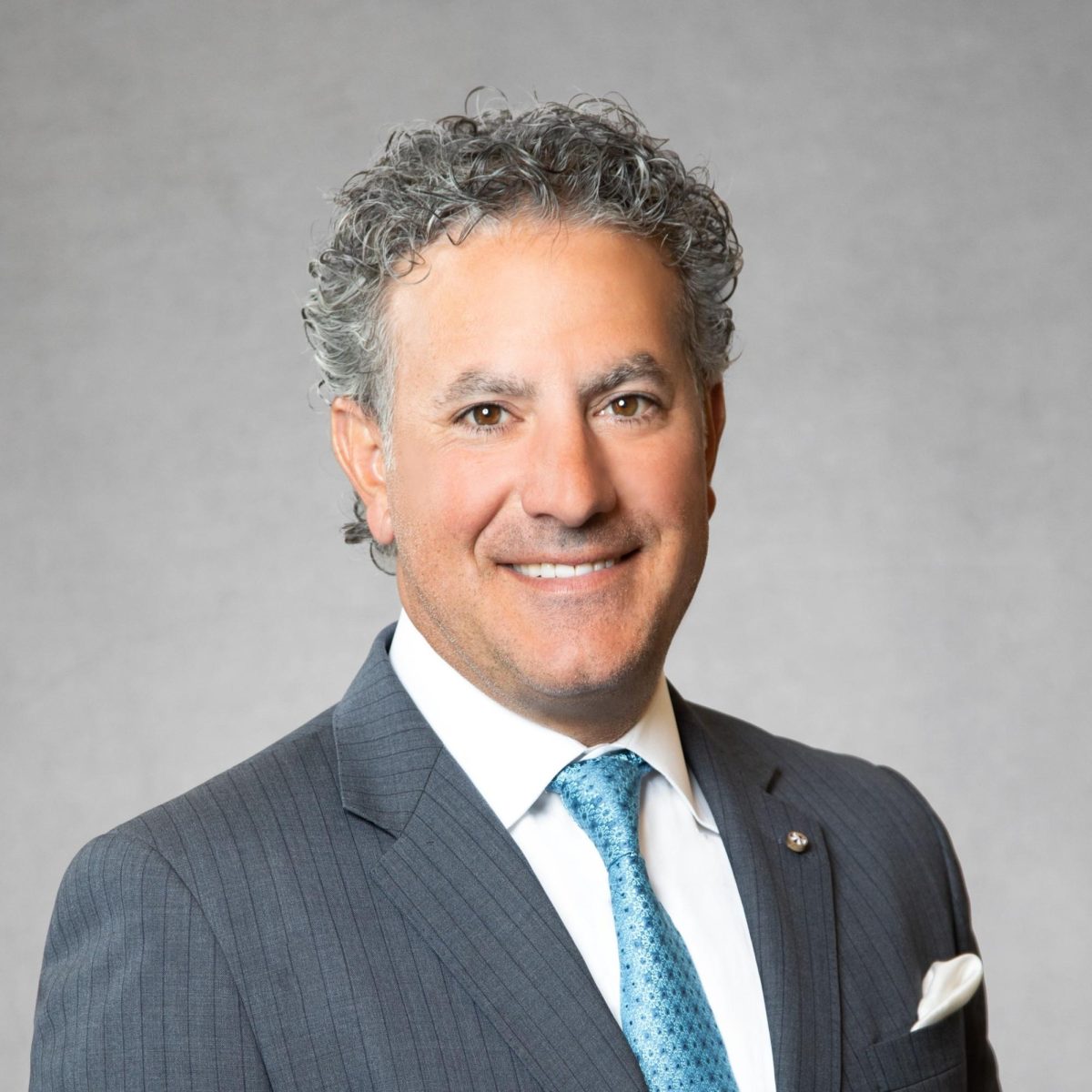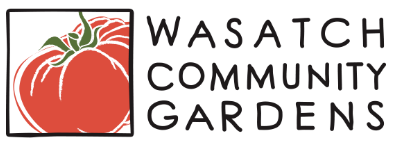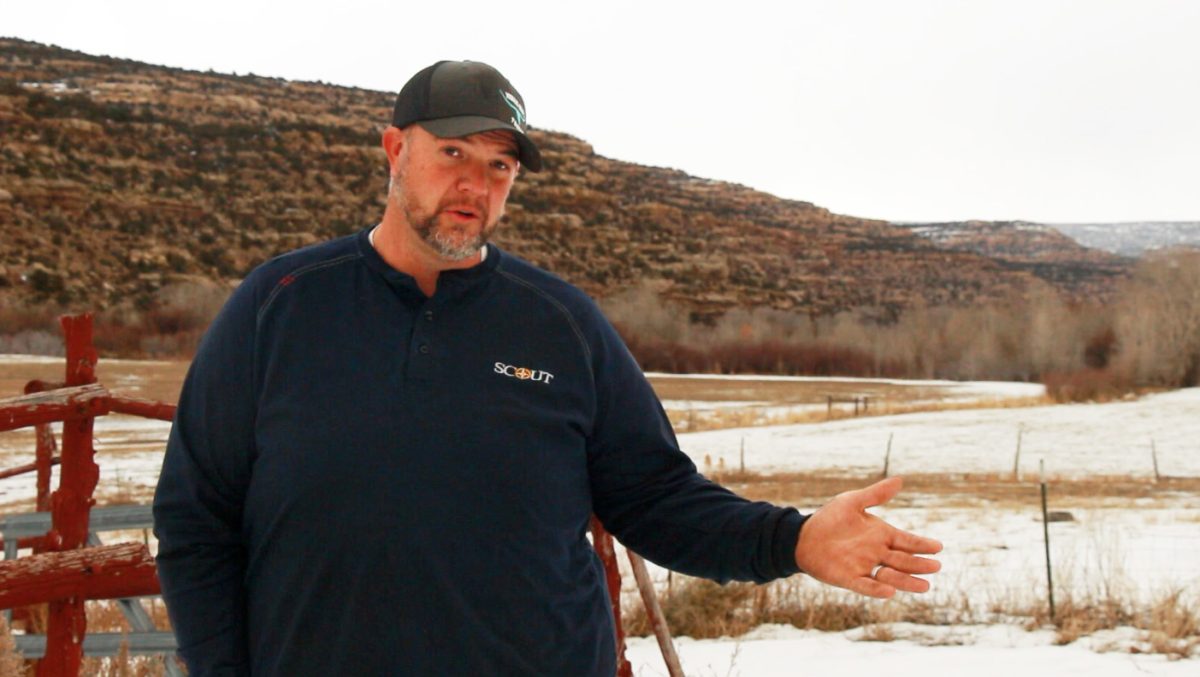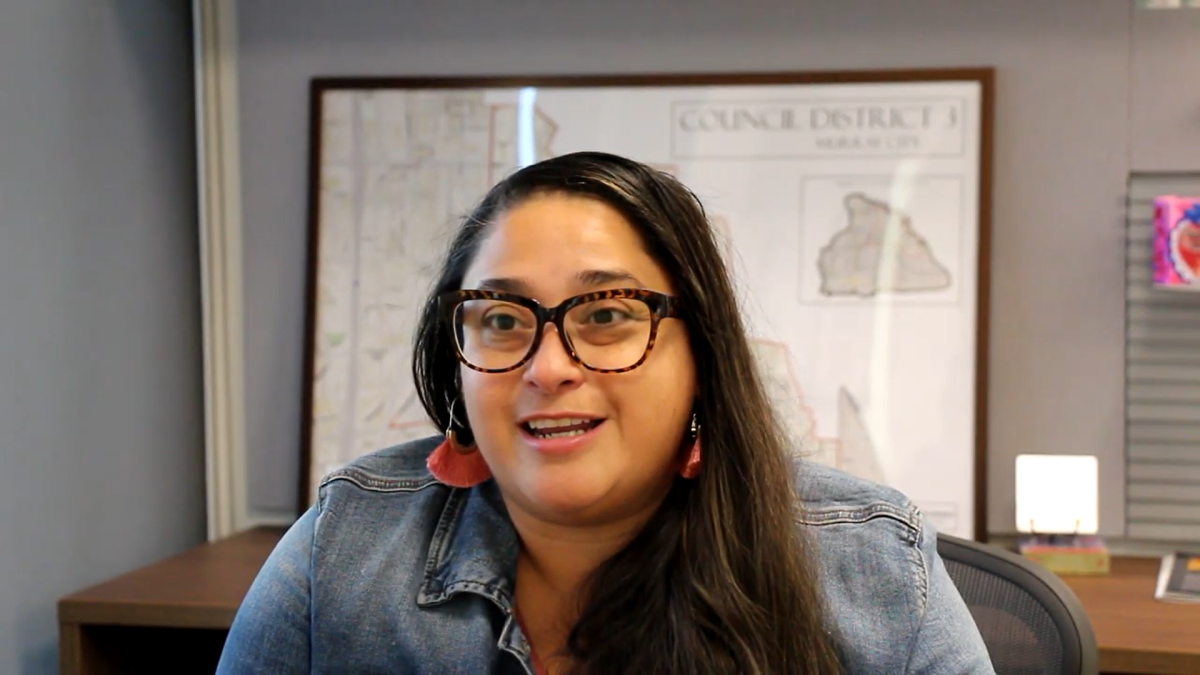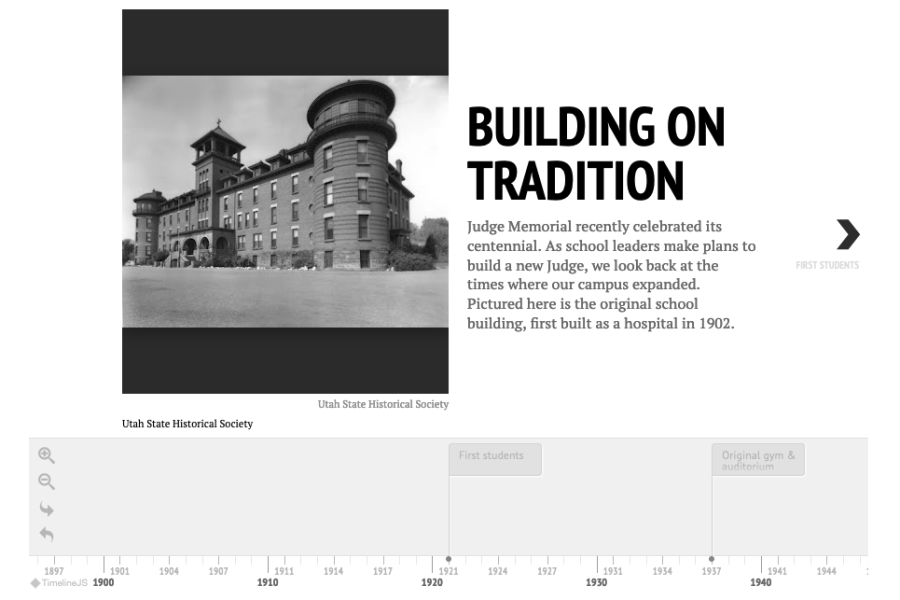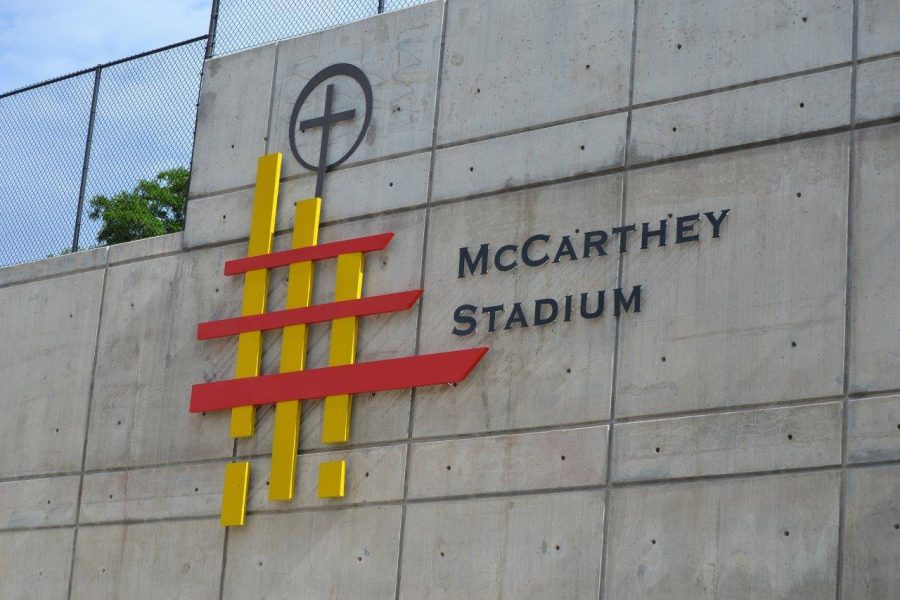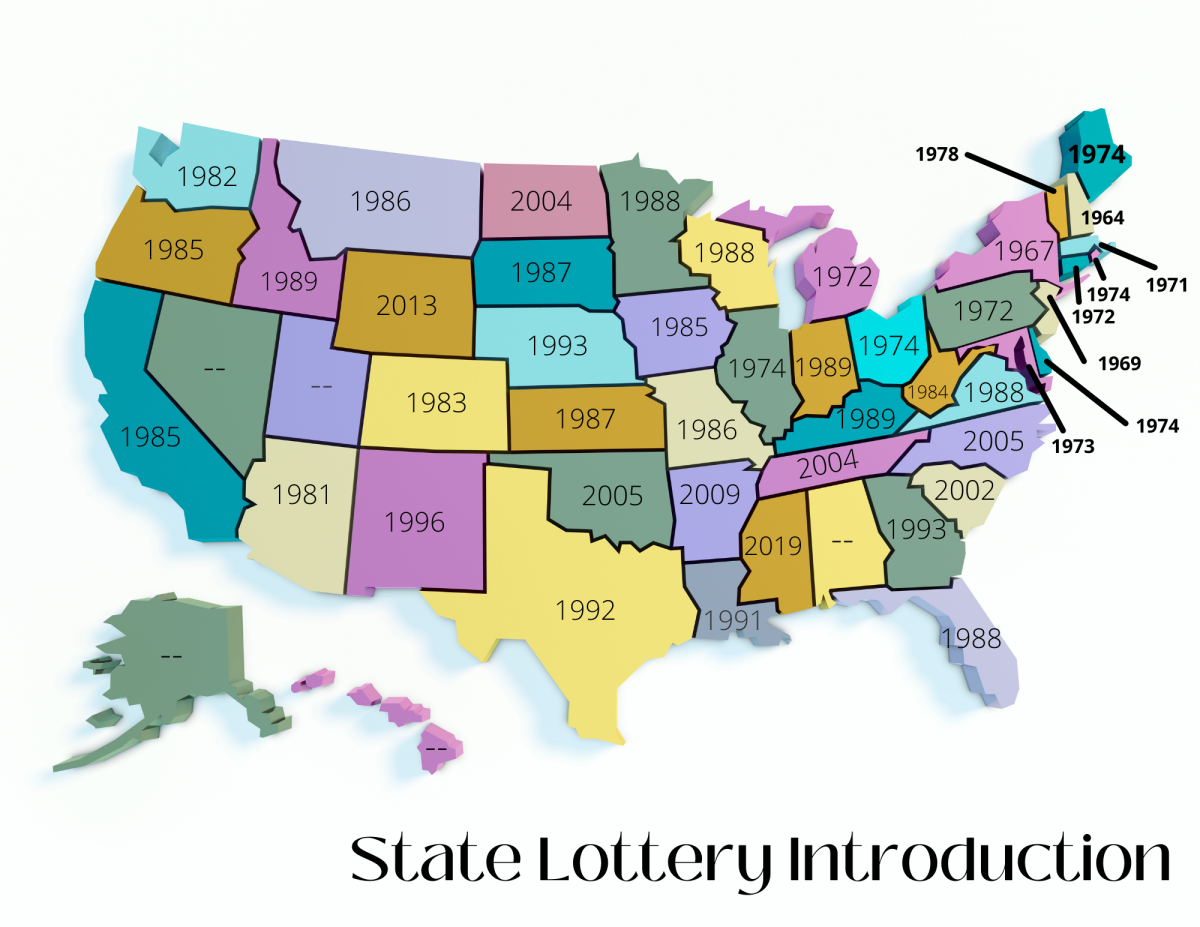The Utah Fits All Scholarship Program is a school voucher program that aims to provide $8,000 to students in Kindergarten through 12th grade who are not enrolled in public school.
A website of the program states that “applications will be prioritized and awarded based on income and previous participation.”
The program was set in motion at the beginning of the 2024-2025 school year. The program is beneficial because it provides more opportunities for students, provides economic support for education, and it is a non-profit organization.
A criticism of the program is how it uses government funds. Utah News Dispatch reports that many teachers are concerned about how the Utah Fits All Scholarship Program uses taxpayer money that could have been spent on public schools or other needs, though it does not directly decrease public school funds.
However, Mr. Lambert, principal and graduate of private high school Judge Memorial, said that “It [the Utah Fits All Scholarship program] is really going to families that are looking for something that’s different from where they’re at. What I found is families don’t want to leave a school if it’s going well. So for our families that want to transfer to judge, it’s telling you that probably something wasn’t going well at their current school.”
As Lambert argued, while the program does use government funding, it gives students more options than a public school, which could be limited in things such as specialized academic and extracurricular opportunities; if a student can’t find what they need at a government-funded public school, they can get government-funded opportunities elsewhere.
A second criticism of the Utah Fits All Scholarship Program is that the money provided to students is not sufficient enough for private school costs and fees.
A lawsuit against the approval of the program reported that “private school tuition in Utah cost upwards of $10,000 on average.”
On average, then, the $8,000 provided to students would not be enough to cover private school tuition, and that is not accounting for other costs such as transportation, supplies, uniforms, and tutoring. Lower-income families that are a priority to the program, on average, would be unlikely to pay enough for private school.
In rebuttal, Lambert argued that “$8,000 doesn’t cover the full tuition here, but it does help. It actually provides a significant portion that can help support the faculty, staff, management, and facilities of the school. Would we love it to be more? Absolutely. But I think it gets us significantly in the right direction.”
A third criticism of the Utah Fits All Scholarship Program is the distrust in the program and those who run it.
In the Utah News Dispatch article, it is reported that some believe that the program “lacks accountability, transparency, and fairness.”
Despite the fears, another official website of the program states that it is non-profit.
The website also states that “ACE Scholarships was selected by the Utah State Board of Education (USBE) to run and manage the program,” and “The Program Manager must be a non-profit organization with 501(c)(3) status in order to apply. They will be required to comply with all accountability measures and responsibilities as outlined in the law.”
Needless to say, the program is federally required to account to be beneficiary to the families and taxpayers it serves.
Lambert said, “A lot of the scenarios that are thrown out there, ‘what if’ and ‘how could there be different abuses of Utah Fits All?’ How does that affect the program as a whole? All I know is teachers do their best to ensure that students who receive those scholarships are getting a great education.”

